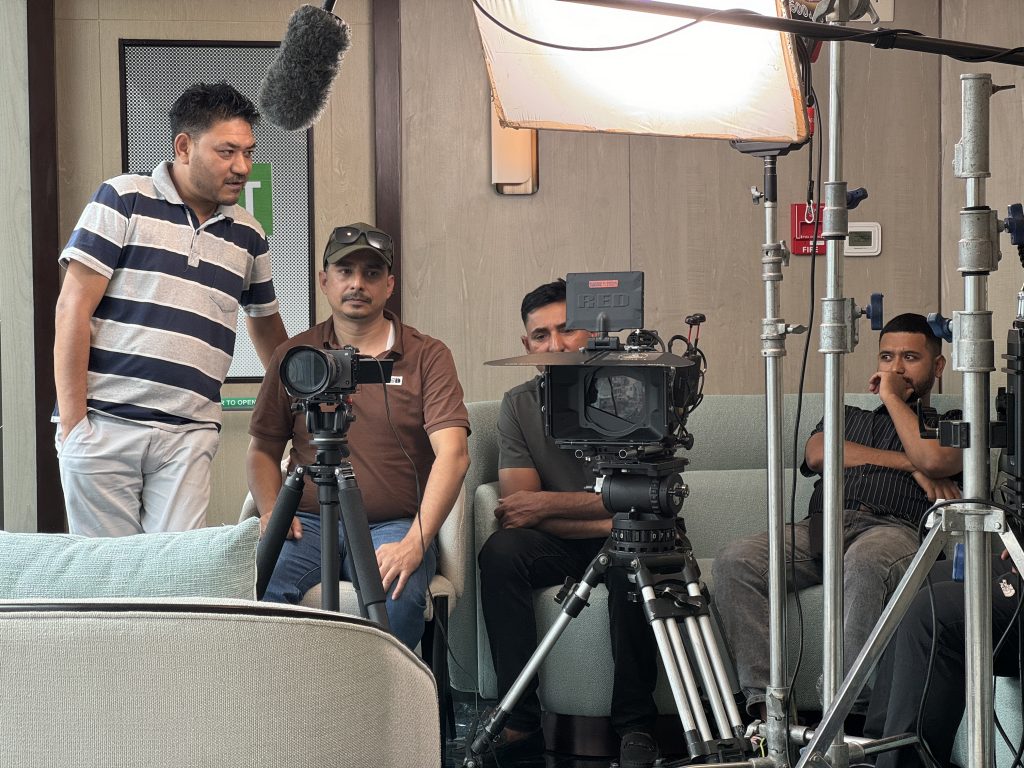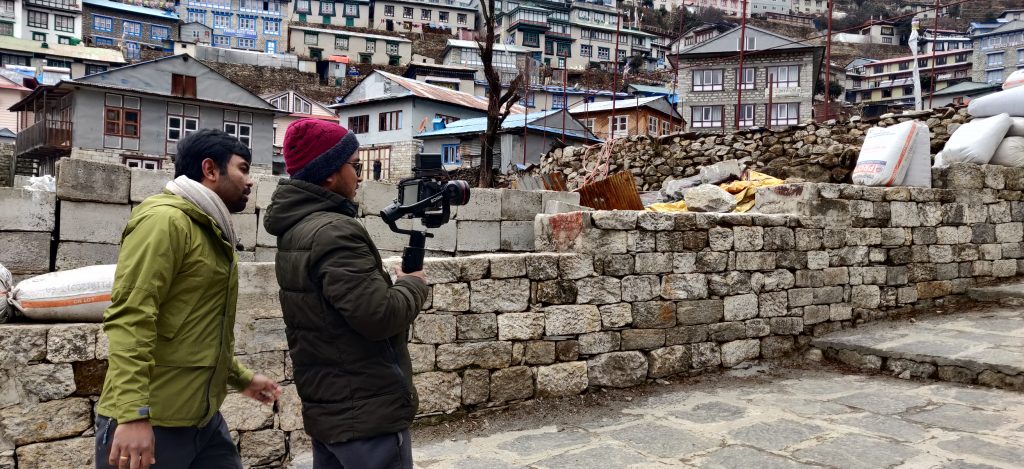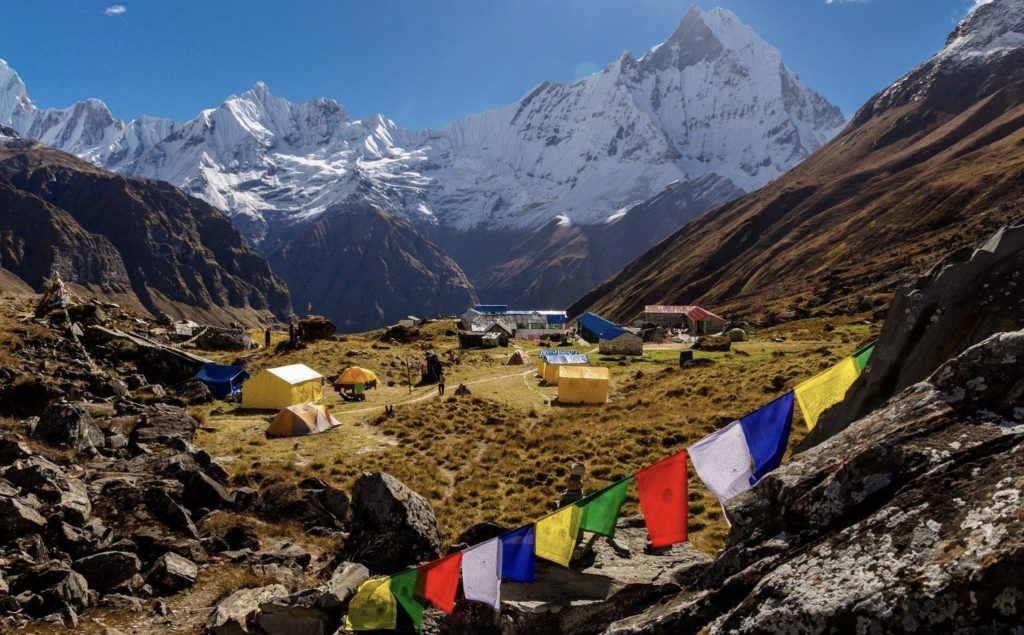If you’re planning to film in Nepal, hiring a local fixer can be incredibly valuable. A fixer in this context is someone who facilitates the logistics of your production, such as obtaining permits, arranging transportation, and providing local knowledge and contacts. Here’s a general guide on how to find and work with a fixer in Nepal:
- Research and Recommendations
- Local Production Companies: Reach out to production companies in Nepal, as they often have in-house fixers or can recommend trusted individuals.
- Film Commissions: The Nepal Film Development Board can be a helpful resource. They can provide information on approved fixers and guide you through the necessary procedures.
- Online Communities: Forums and social media groups related to filmmaking often have recommendations and reviews of fixers in various locations, including Nepal.
- Check Experience and Expertise
- Previous Work: Ask for examples of past projects they’ve worked on, especially those similar to yours in scale or content.
- Language Skills: Ensure they are fluent in English (or your preferred language) and the local languages spoken in the regions where you’ll be filming.
- Local Knowledge: A good fixer will have in-depth knowledge of the areas you’re interested in, including cultural sensitivities and local regulations.
- Permits and Permissions
- Film Permits: Your fixer should help you navigate the process of obtaining the necessary film permits. This can include permits from local authorities, national parks, or historical sites.
- Visa and Customs Assistance: They should also assist in getting the right visas for your crew and navigating customs for any equipment you’re bringing into the country.
- Logistics and Local Coordination
- Location Scouting: A fixer can help scout and secure locations, ensuring they meet your requirements and that filming is allowed there.
- Crew and Equipment: They can also assist in hiring local crew members and renting equipment if needed.
- Transportation and Accommodation: Managing transportation and accommodation logistics is another key task, particularly in remote or less accessible areas.
- Budgeting and Negotiation
- Transparent Costs: Make sure to discuss and agree on all costs upfront, including the fixer’s fee, permit fees, and any additional expenses.
- Negotiation: A good fixer should also help you get the best prices on services and rentals, thanks to their local connections.
- Cultural and Legal Advice
- Cultural Sensitivity: The fixer should advise on cultural norms and practices to ensure respectful and successful interactions with local communities.
- Legal Compliance: They should also ensure your production adheres to local laws and regulations, avoiding any legal issues.
- Contracts and Agreements
- Written Agreement: It’s advisable to have a written contract outlining the scope of work, fees, and terms of payment.
- Insurance: Make sure your fixer is covered by your production’s insurance or that they have their own.
By carefully selecting a fixer with the right experience and local knowledge, you can ensure a smoother, more efficient production process in Nepal.





